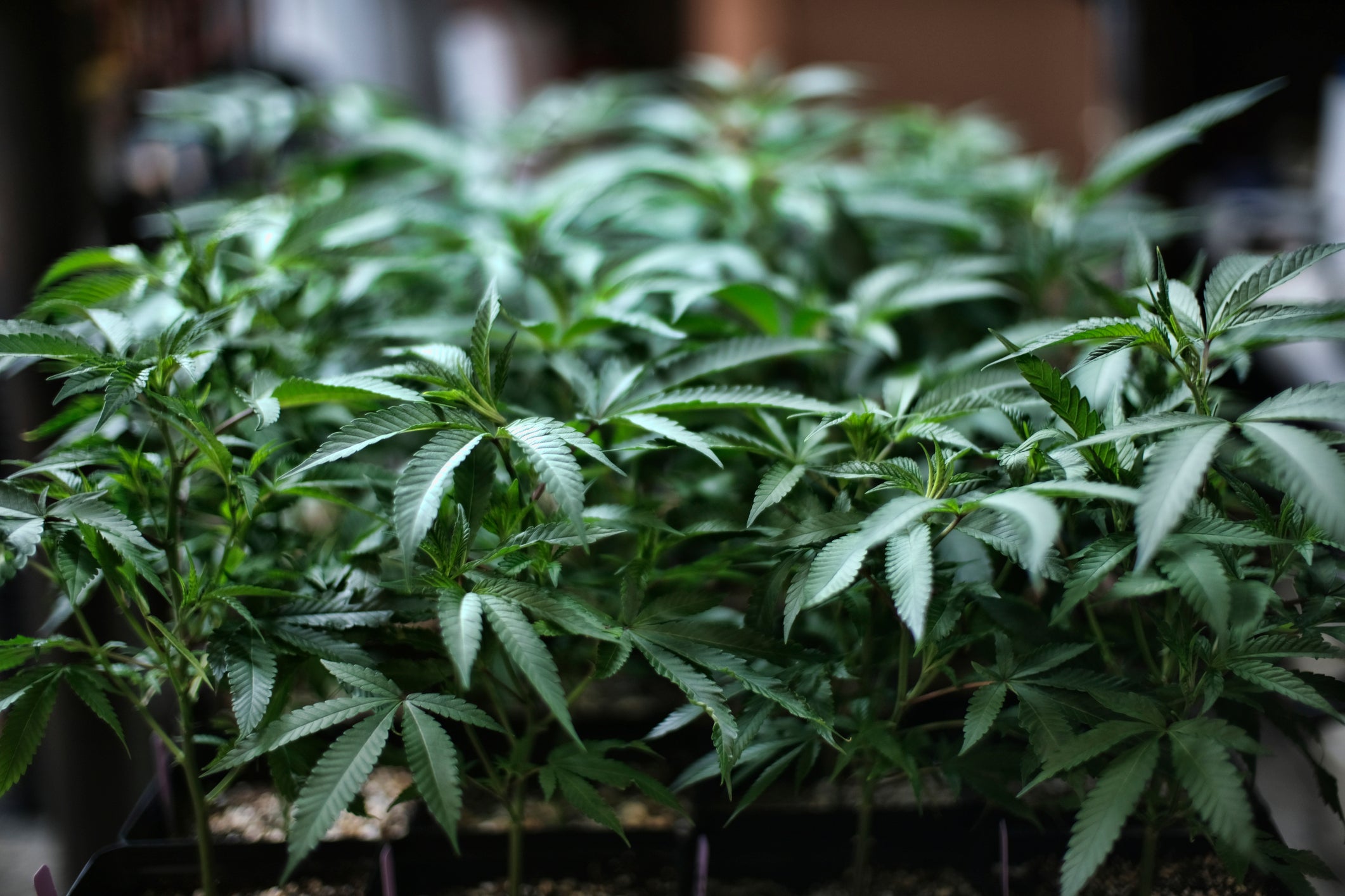Judge nixes lawsuit challenging California home pot delivery
A California judge has dismissed a lawsuit that sought to overturn a state rule allowing home marijuana deliveries statewide, even into communities that banned commercial cannabis sales

Your support helps us to tell the story
From reproductive rights to climate change to Big Tech, The Independent is on the ground when the story is developing. Whether it's investigating the financials of Elon Musk's pro-Trump PAC or producing our latest documentary, 'The A Word', which shines a light on the American women fighting for reproductive rights, we know how important it is to parse out the facts from the messaging.
At such a critical moment in US history, we need reporters on the ground. Your donation allows us to keep sending journalists to speak to both sides of the story.
The Independent is trusted by Americans across the entire political spectrum. And unlike many other quality news outlets, we choose not to lock Americans out of our reporting and analysis with paywalls. We believe quality journalism should be available to everyone, paid for by those who can afford it.
Your support makes all the difference.In what could be a temporary victory for California s legal cannabis industry, a judge has dismissed a lawsuit that sought to overturn a state rule allowing home deliveries statewide, even into communities that banned commercial marijuana sales.
The court challenge raised a fundamental question in the nation's largest legal pot market: Where can you buy it? The state earlier ruled a licensed delivery can be made into “any jurisdiction" within California.
But a group of local governments behind the court challenge argued that the state was usurping their authority to regulate marijuana sales within their borders.
While the cities argued that the state rule “removes local regulatory power,” Fresno County Superior Court Judge Rosemary McGuire agreed with state that the regulation and local ordinances “do not occupy the same field and are not in conflict.”
Without a conflict, “this matter is not ripe for adjudication,” she concluded in a Tuesday order.
McGuire agreed with the state that the regulation applies to state cannabis license holders, not local governments that filed the lawsuit.
The state regulation “does not command local jurisdictions to do anything or preclude them from doing anything," she added. "It does not command local jurisdictions ... to permit delivery. Nor does it override their local ordinances prohibiting or regulating delivery."
It wasn't immediately clear if an appeal would be filed. In the meantime, marijuana deliveries will continue under the state rule.
The judge s reference to the case's “ripeness” appeared to suggest that the debate might not be over.
Josh Drayton of the California Cannabis Industry Association said the decision highlighted that a community must have cannabis regulation in place to have any valid claims against state law. About two-thirds of cities in California have not established local pot markets, including numerous communities involved in the lawsuit, he said.
But with the market evolving “it's going to be up for interpretation moving forward . I don't think we're done having this discussion,” Drayton said. “It's not settled. We are still in the midst of a cultural shift with cannabis.”
Attorneys for the communities that include Beverly Hills and about two dozen other local governments did not immediately respond to a request for comment.
The state Bureau of Cannabis Control declined comment.
When the state adopted the delivery rule in 2019, the League of California Cities and police chiefs complained that unrestricted home deliveries would create an unchecked market of largely hidden pot transactions, while undercutting local control guaranteed in a 2016 law broadly legalizing marijuana sales.
Marijuana companies and consumers had pushed for home deliveries because vast stretches of the state have banned commercial pot activity or not set up rules to allow legal sales, creating what’s been called pot “deserts.” Residents in those areas are effectively cut off from legal marijuana purchases.